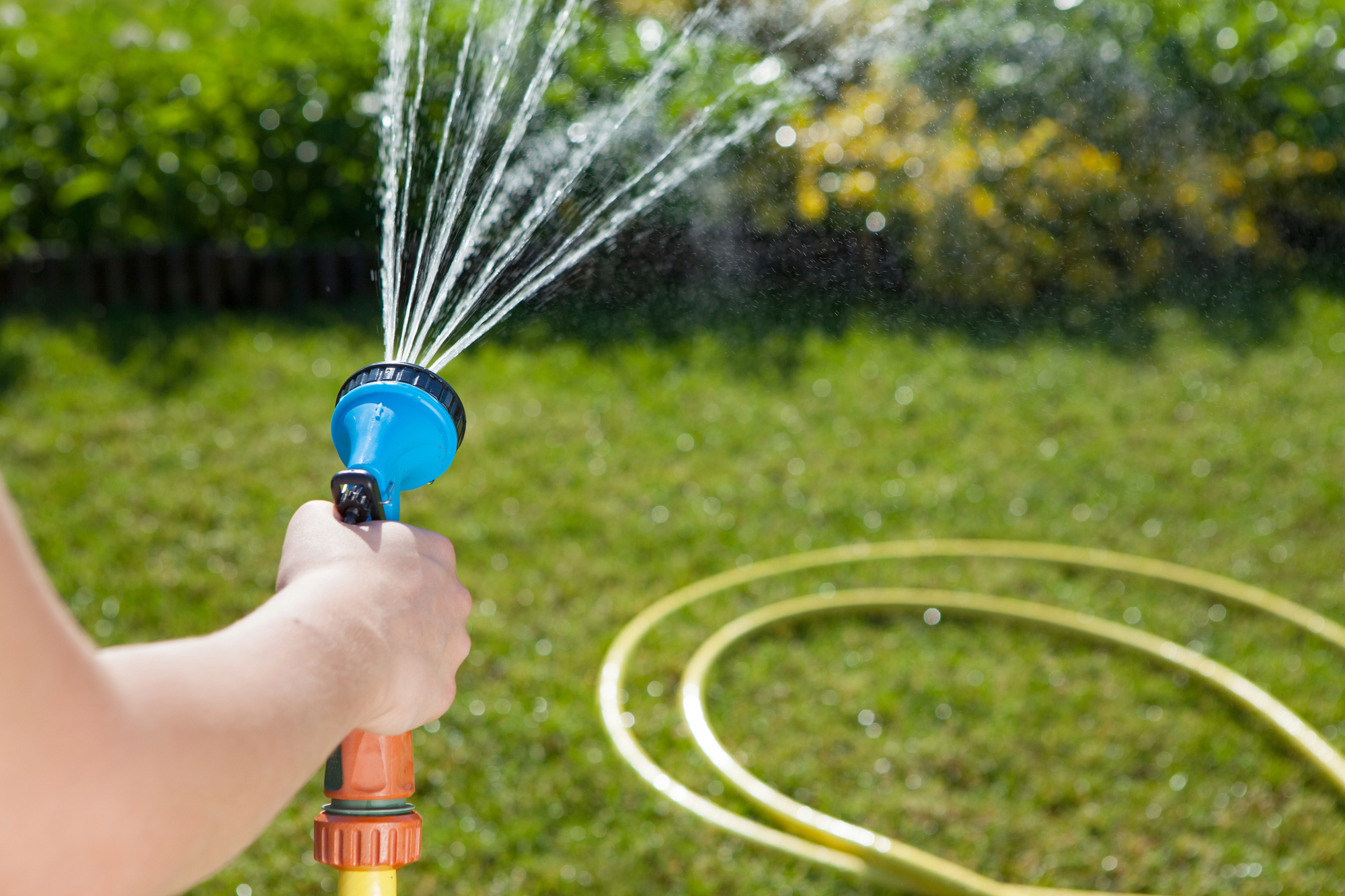What does a hosepipe ban actually mean? Your complete guide to Water Conservation Orders
Garden watering with cans permitted while hosepipe sprinklers face restrictions under conservation orders.

With hosepipe bans now affecting multiple counties across Ireland, many residents find themselves wondering what exactly these restrictions entail. Understanding the rules can help avoid confusion and ensure compliance during periods of water scarcity.
Water Conservation Orders, commonly known as hosepipe bans, represent targeted restrictions on non-essential water use during periods when supplies come under pressure. Rather than broad water rationing, these orders focus specifically on activities where alternative methods can achieve the same results with significantly less water consumption.
The restrictions centre on water drawn through hosepipes or similar equipment, recognising that these delivery methods typically consume far more water than necessary for most domestic tasks. A hosepipe running for just one hour uses as much water as an average family consumes in an entire day.
Garden and outdoor restrictions
Garden watering faces the most comprehensive restrictions under Water Conservation Orders. Hosepipes, sprinkler systems, and automatic irrigation systems become prohibited for watering lawns, flower beds, and vegetable patches. However, hand-held watering cans filled directly from taps remain perfectly acceptable.
This distinction reflects both water efficiency and practical necessity. Watering cans encourage more targeted application, reducing waste while ensuring plants receive adequate moisture. Many gardeners discover that can watering actually improves plant health by directing water precisely where needed.
Swimming pools and paddling pools cannot be filled or topped up using hosepipes during restriction periods. The exception lies in using hand-held containers filled directly from taps, though this obviously makes pool filling impractical for anything beyond small children's paddling pools.
Ornamental ponds face similar hosepipe restrictions, but fish ponds receive complete exemption from all limitations. This recognises the essential nature of maintaining water quality for aquatic life, where inadequate water levels could prove fatal to fish populations.
Vehicle and equipment cleaning
Private motor vehicle cleaning becomes significantly more labour-intensive during hosepipe bans. Car washing must rely entirely on buckets filled from taps, effectively ending the convenience of drive-through home washing with garden hoses.
Similarly, private leisure boats cannot be cleaned using hosepipes, requiring boat owners to adopt bucket-and-sponge methods for hull maintenance and deck cleaning. These restrictions apply equally to motorboats, sailing vessels, and recreational watercraft stored on private property.
The regulations recognise that vehicle cleaning, while important for maintenance and appearance, represents non-essential water use that can be achieved through alternative methods during periods of scarcity.
Ornamental features and fountains
Ornamental fountains face restrictions on filling and maintenance using hosepipes, though commercial fountains receive exemption from these limitations. This distinction recognises that commercial water features often serve business purposes, while domestic fountains primarily provide aesthetic value.
Water features connected to recirculating systems generally require less frequent top-ups, making manual filling more practical than during initial installation. Many fountain owners discover that reduced water flow actually enhances rather than diminishes the visual and audio appeal of their features.
Business and commercial considerations
Commercial premises face nuanced restrictions that distinguish between essential business operations and non-essential activities. Businesses cannot use hosepipes for watering gardens attached to their properties, but industrial processes and essential commercial water use continue unaffected.
This approach recognises that business closures or operational disruptions could have severe economic consequences, while ornamental watering represents discretionary use that can be postponed or modified without significant impact.
Many businesses voluntarily adopt additional conservation measures beyond legal requirements, including installation of water-efficient equipment and staff training on conservation practices. Some companies discover that conservation efforts reduce operational costs even after restrictions end.
Sports facilities and recreation
Sports grounds and golf courses often maintain independent water supplies or utilise recycled water systems, which remain unaffected by hosepipe restrictions. These facilities frequently invest in sophisticated irrigation technology that maximises efficiency while maintaining playing surface quality.
The exemption recognises both the economic importance of recreational facilities and the substantial infrastructure investments made in water-efficient maintenance systems. Many venues use treated wastewater or stored rainwater for irrigation, reducing dependence on mains supply.
Enforcement and compliance
Water Conservation Orders carry legal backing, though enforcement typically focuses on education and voluntary compliance rather than punitive measures. Uisce Éireann generally relies on community cooperation and public awareness campaigns to achieve conservation goals.
Violations can technically result in prosecution and fines, but utilities prioritise working with customers to identify leaks, improve efficiency, and adopt conservation practices. The most effective enforcement often comes through community pressure and environmental awareness rather than legal action.
Practical alternatives during restrictions
Successful navigation of hosepipe bans requires adopting alternative practices that achieve similar results with reduced water consumption. Grey water from washing machines and dishwashers can water gardens, provided suitable detergents are used.
Rain collection systems become particularly valuable during restriction periods, allowing continued garden maintenance without drawing from mains supply. Even simple collection methods using water butts can provide substantial volumes for outdoor use.
Timing outdoor watering for early morning or evening hours reduces evaporation losses, making each litre more effective regardless of delivery method. Many gardeners discover that plants actually prefer gentle watering from cans rather than high-pressure hose application.
Understanding these restrictions helps communities navigate water shortages while maintaining essential activities and protecting precious water resources for everyone.
